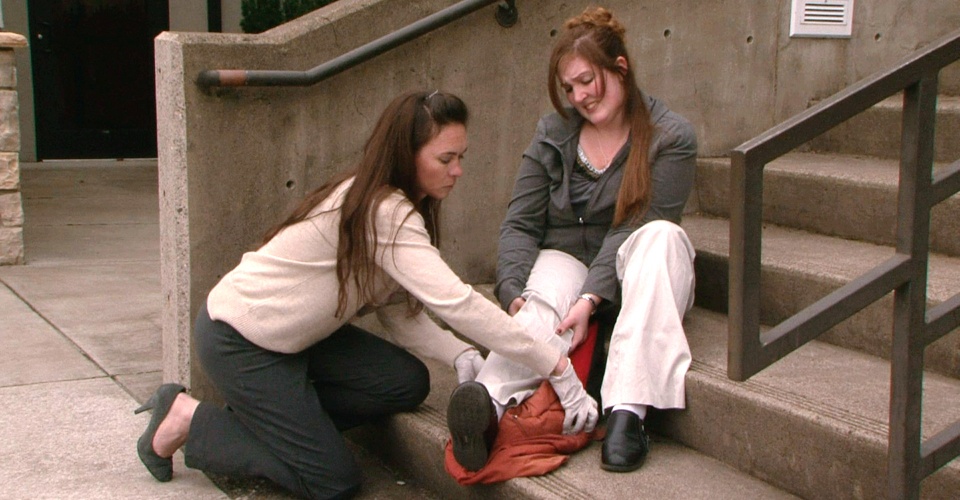It’s a moment no one really wants to face: you’ve taken the CPR and first aid class in the past and now you see an emergency situation unfolding right in front of you. Do you step up to respond? How do you decide?
Emergencies are actually a rare event for most people and may be difficult to recognize initially. It is easier to decide to help if a provider knows what to do and understands the risks and protections regarding involvement.
A general impression is a quick sense of what has occurred, or is occurring, when the provider first observes an emergency scene. This impression can help guide a provider in their approach.
If injured, how was the person injured? Injuries occur from physical force against the body. The manner in which that force creates an injury is called the Mechanism of Injury. Mechanisms that transfer significant force are best assumed to result in serious injury until proven otherwise.
Does the person appear to be unresponsive? A person who is not moving and appears to have collapsed can be in a life-threatening condition known as sudden cardiac arrest (SCA). Immediate assessment and care can be their only chance for survival.
The most critical decision a provider will make is whether to get involved when a medical emergency has occurred. It is normal for a provider to feel hesitant about helping:
You might feel like you are alone in helping. You are only the first link in a progressive chain of emergency care. Your involvement lasts only until relieved by another first aid provider or responding EMS providers — in most cases, a very short period of time.
You might fear you may make things worse. Your basic first aid training provides you with sound knowledge and skills designed only to help — and not harm — those in need.
You might you think you don’t have a lot of medical knowledge. However, extensive medical knowledge is not necessary. First aid skills are based on common sense and simple, effective procedures that can be easily learned and safely applied.
You might hesitate because others have already stopped to help. It never hurts to see if additional assistance is needed. Other bystanders may not have any first aid training or may be hesitant to provide care.
If your hesitation is based on a feeling that your training was too long ago to remember, why not try an ASHI or MEDIC First Aid class near you to refresh that knowledge? Click the button below to find a local Training Center!








.png?width=600&name=HSI-CTA-EmergencyCareTraining%20(1).png)











Comments